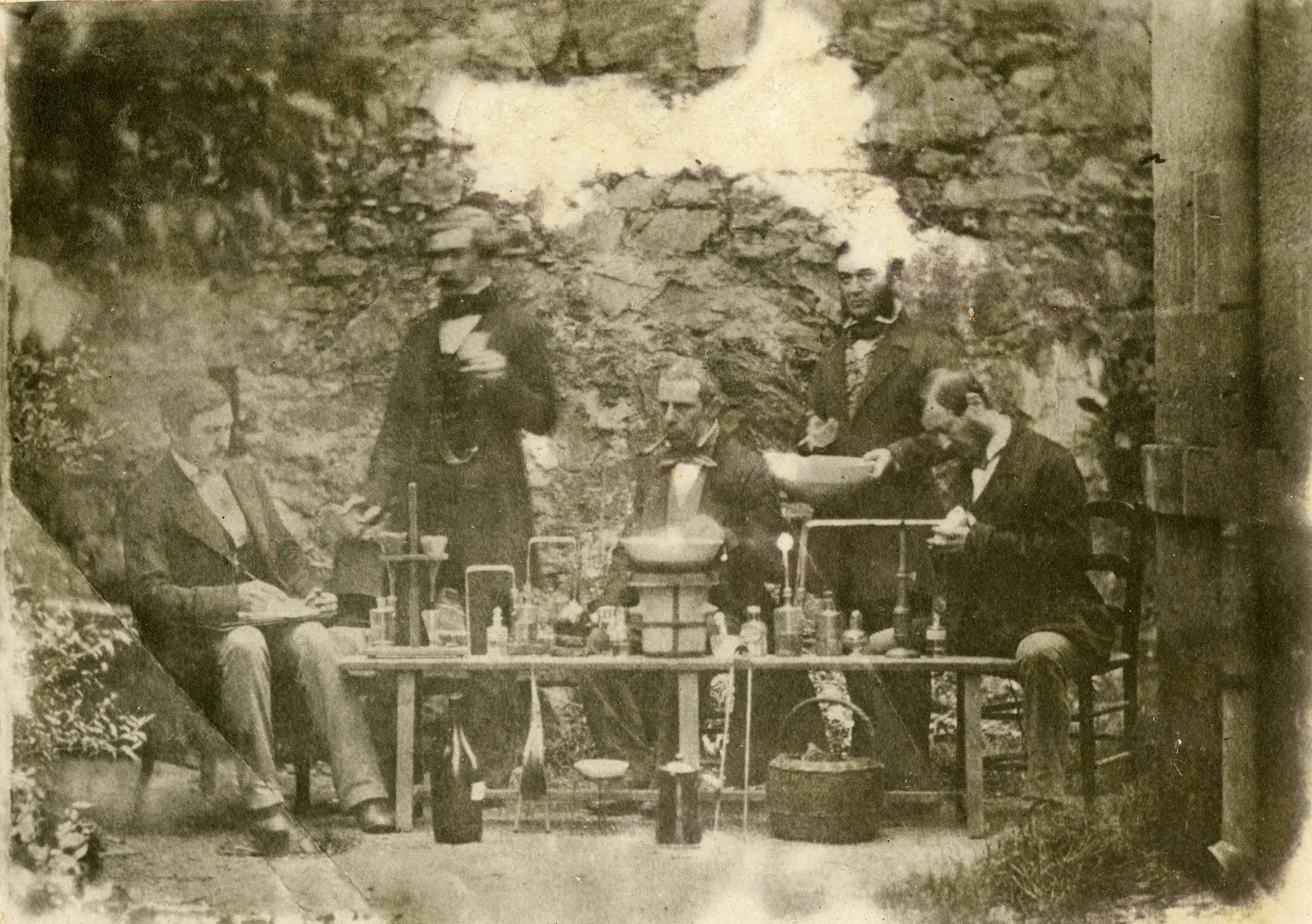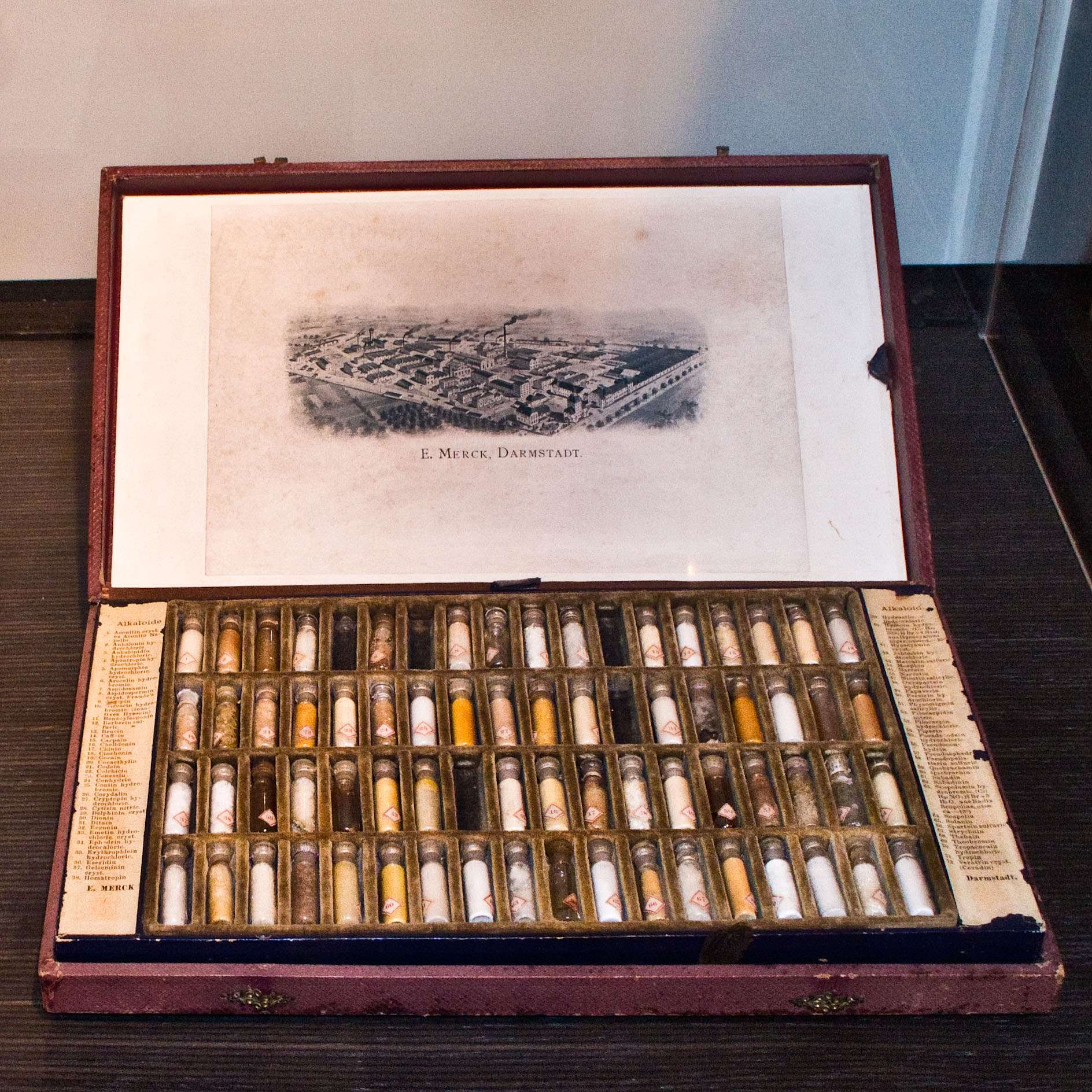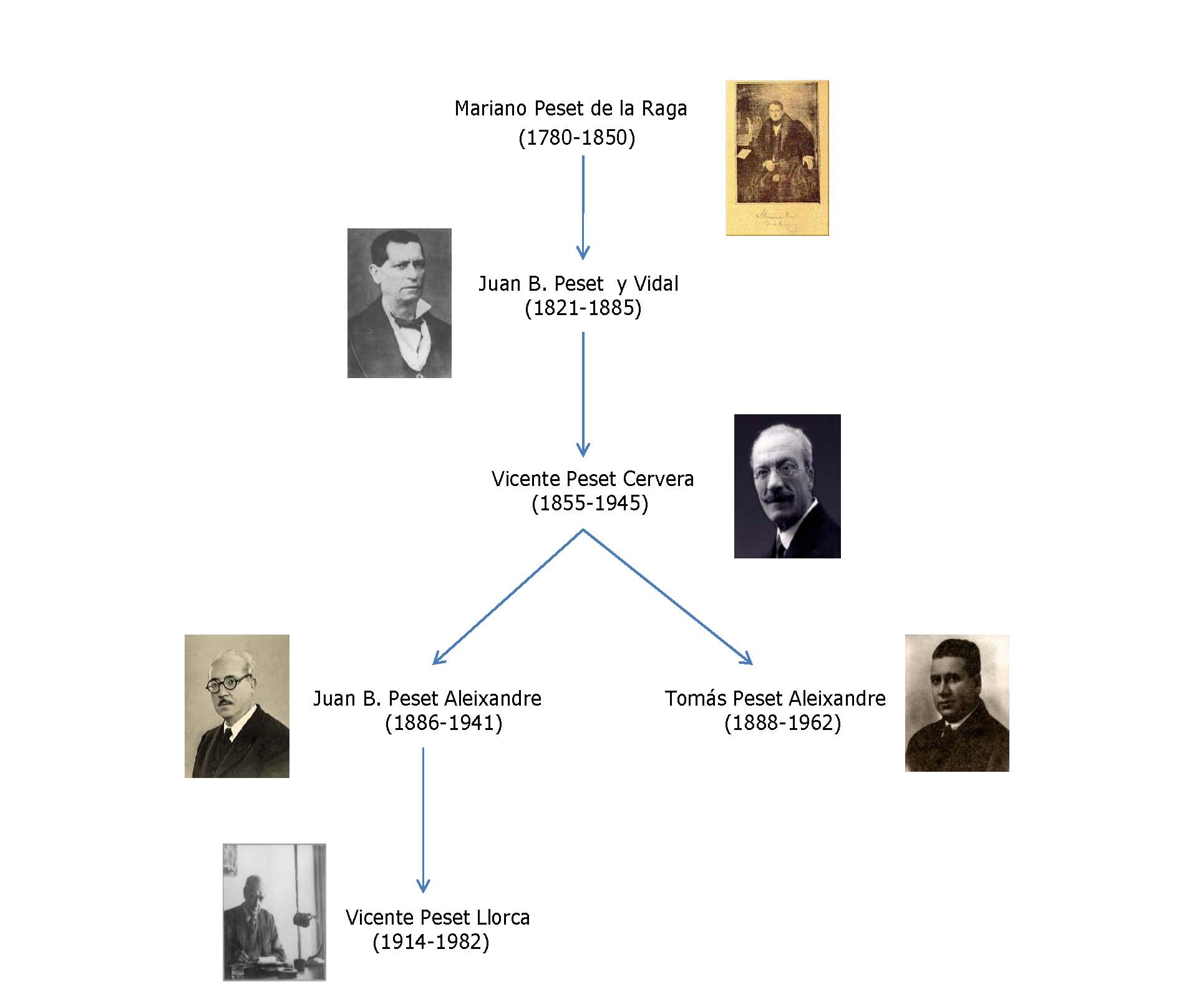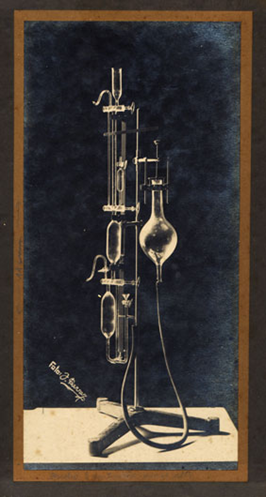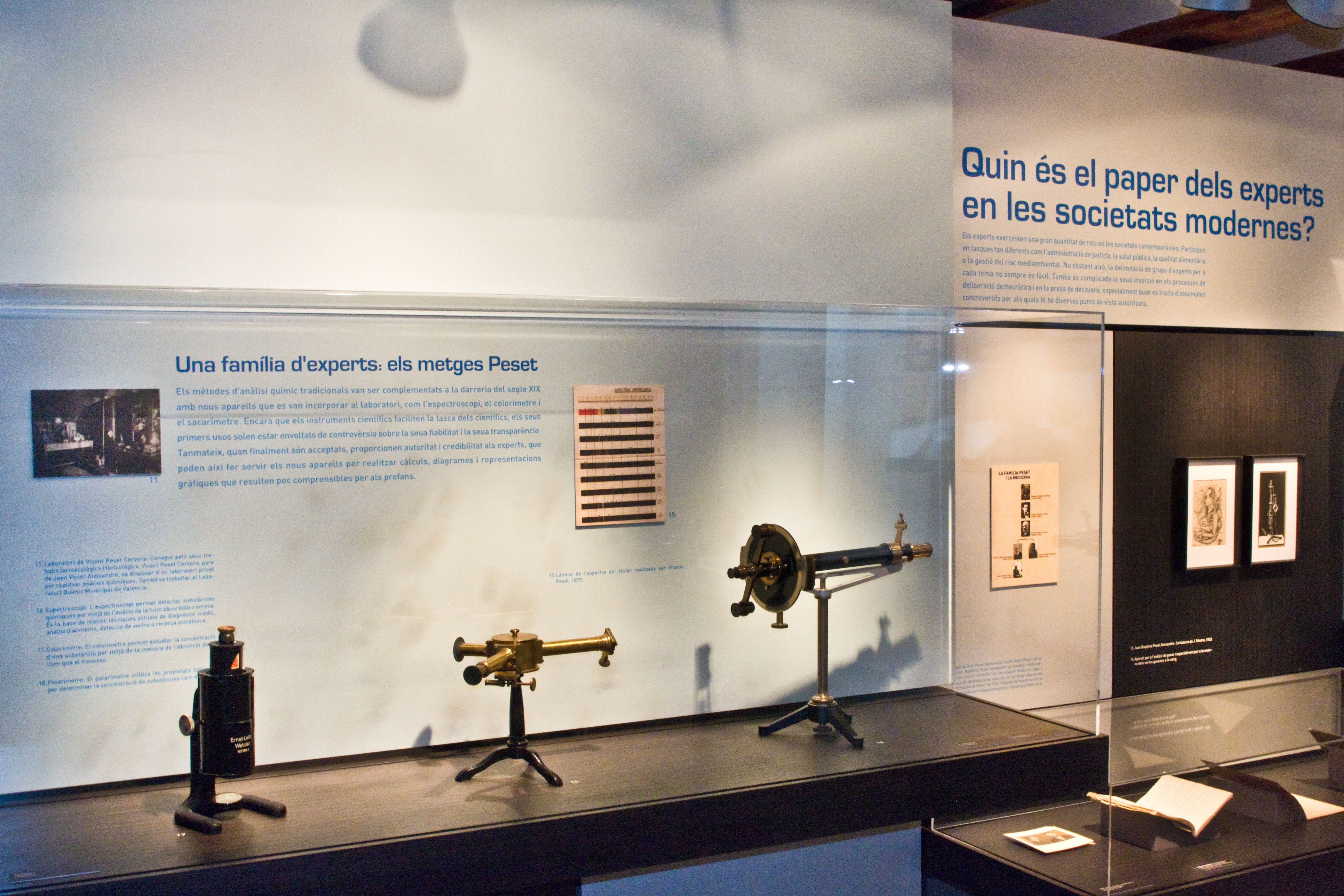What is the role of experts in modern societies?
The experts developed a lot of roles in contemporary societies. Involved in tasks as diverse as the administration of justice, public health, food quality and environmental management Riesco. However, the definition of groups of experts for each topic is not always easy. It is also complicated his integration in the processes of democratic deliberation and decision-making, especially regarding controversial issues is for there are several viewpoints authorized.
Science, medicine and law
The participation of experts in court has increased considerably in the last two centuries. The experts provided new ways to detect poison, identify corpses report counterfeits and prosecute criminals, contributing to the greater weight of expert evidence before the witness statements. However, evidence based science does not always reduce the uncertainty of the guilty verdicts. In addition, disputes between experts within the court added additional complications, often encouraged by the confusion between scientific arguments and interests of litigants.
· Poisons: arsenic
The arsenic was the poison used in the nineteenth century more until they develop sensitive methods for their detection and testing Marsh. However, the high sensitivity of the new methods introduced new risks of false positives due to small impurities that could be introduced in the chain of custody of the samples.
· Among the drug and poison: alkaloids
Alkaloids are substances located in the fuzzy border between poisons and medicines. They served both to heal and to kill. In the hands of Claude Bernard (1813-1878), the great physiologist of the nineteenth century became scientific instruments, a sort of "chemical scalpels" used to conduct medical research in the nineteenth and twentieth centuries.
A group of experts: physicians Peset
The traditional chemical analysis methods were complemented at the end of the nineteenth century with new aircraft that joined the lab as the spectroscope, the colorimeter and sacarímetre. Although scientific instruments facilitate the work of scientists, their first uses often surrounded by controversy over its reliability and its transparpencia. However, when he finally accepted, provide authority and credibility to experts, so they can use the new devices to perform calculations, diagrams and graphic representations that are little understood by the layman.


